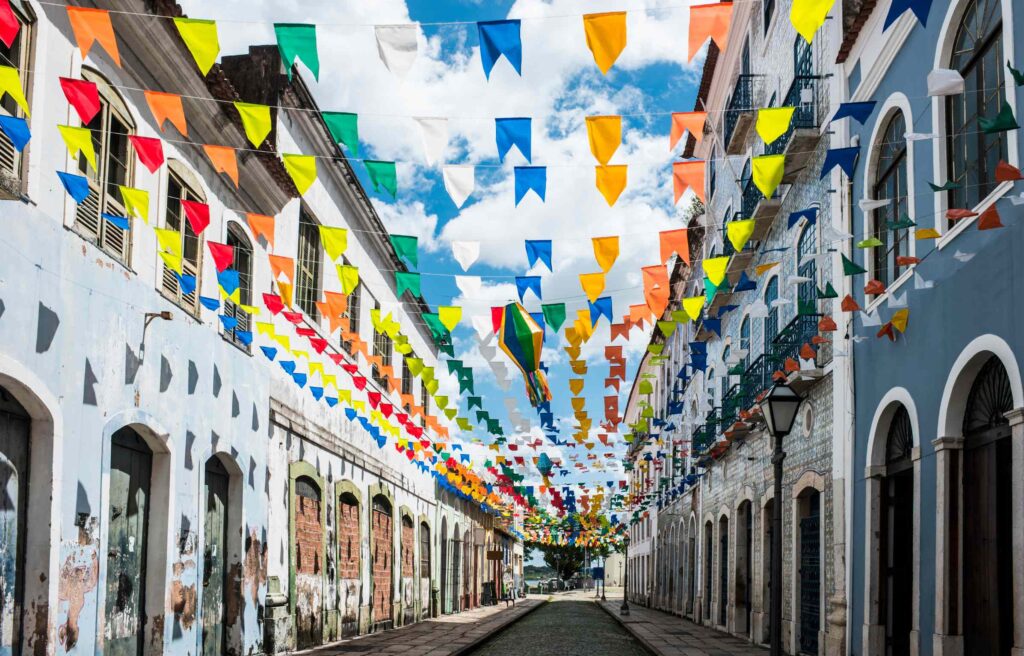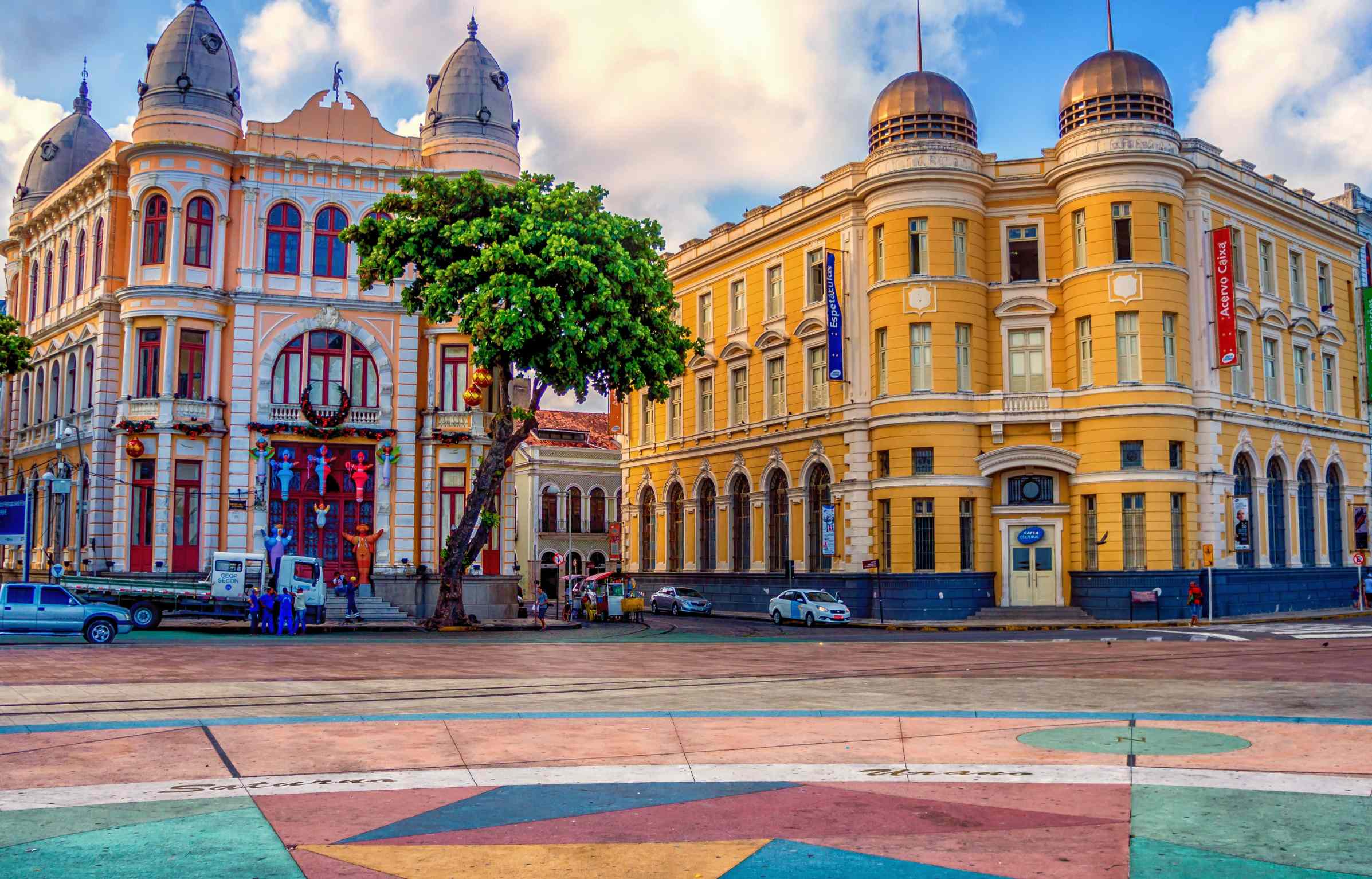There is something undeniably honest about Brazil’s approach to welcoming people who want to stay. Far from the procedural fortresses built by many Western countries, Brazil permanent residency reflects an immigration system that remains imperfect yet continues to leave room for something rare in global migration policy, common sense.
The country’s permanent residency programs are quietly reshaping its place in the global mobility landscape. In 2026, as nations harden borders and retreat into protectionist rhetoric, Brazil continues to do something else. It listens, opens doors, and treats migration as a human possibility, not an administrative threat.
Permanent residency in Brazil does not arrive with drama. It does not demand multilingual essays or point-based rankings that attempt to measure one’s worth in digital skills or tax bracket. What it offers instead is a framework built on a relatively simple principle that if you can contribute, you can stay.
And increasingly, people are doing just that.
A Path to Permanence That Respects Intention
Brazil’s immigration law has evolved gradually over the years. Even so, one principle has remained remarkably consistent. It is the idea that residency should be based on reality rather than abstract criteria or unrealistic expectations.
There are no lottery draws involved. Nor are there confusing point systems or hidden conditions. Instead, the policies value presence, engagement, and real contribution.
Each year, thousands of people apply for permanent residency. The reasons, of course, vary. Some arrive with business plans and financial backing. Others come through marriage, family reunification, or the steady reliability of a retirement income.
There are also those who begin their journey with a temporary visa. But over time, they discover that Brazil is more than a destination. They realize they no longer want to leave.
For that group, Brazil still offers something that few large economies can claim. It provides a viable and realistic path to stay for good.
Recent numbers support this growing trend. More than 26,412 individuals were granted Brazil permanent residency in Brazil in 2023 (Statista).
Among them were retirees from Canada seeking stability. Also included were remote workers from Spain drawn to the lifestyle. Entrepreneurs from Kenya came for new business opportunities. More broadly, many now see Brazil not as a stopover but as home.

Related – Brazil Digital Nomad Visa Turns Remote Work into a Beachfront Fantasy
The Benefits of Brazil Permanent Residency Go Deeper Than Bureaucracy
Brazil permanent residency brings with it a clear legal status. Moreover, one no longer needs to justify every six-month stay or rush for renewals. It permits work, study, healthcare access, and eventually, citizenship. However, beyond those rights lies something less often discussed, dignity.
As a result, when the paper barrier dissolves, daily life changes. You sign contracts in your own name. In addition, there is no hesitation about your child accessing public education. You build credit, own property, open a company, and contribute to your community like anyone else.
Inequality exists in Brazil, but newcomers usually find acceptance. Integration occurs naturally when people are allowed to live without fear of interruption.
Retirees, Remote Workers, and Real Commitments
Retirement in Brazil is no longer a secret among those who track cost-of-living indices. For individuals living on fixed incomes, the numbers speak for themselves. A pension of $2,000 per month places a retiree in the middle class here. That same amount might barely cover rent and medication in North America.
The government recognizes this. In fact, retirees who can show a steady monthly income, generally around $2,000 or more, are eligible for Brazil permanent residency. While the paperwork is meticulous, the process respects the applicant. Importantly, there is no presumption of burden.
At the same time, Brazil has adapted to modern work patterns. The digital nomad visa introduced in 2022 marked a shift. As a result, it created a new class of foreign residents known as the laptop class. At first, their stay was temporary. However, many later apply for permanent residency after forming ties, buying homes, or starting families.
Investment pathways also remain open. Foreigners who invest at least R$500,000 (or less in certain innovation or job creation projects) can apply for permanent residency. These programs avoid the crass salesmanship seen elsewhere. There are no “golden visas” here, only measured commitments.
Also read – Health Savings Account for Retirees: A Roadmap to Financial Wellness
The Process Isn’t Frictionless, But It Works
To begin with, one should be careful not to romanticize the administrative machinery. Brazil has paperwork. It also has long lines and occasional office closures. Furthermore, a single missing translation or apostille can lead to weeks of delay. Documents often require not just notarization but certification from consulates as well.
Overall, the process is orderly though not always efficient.
Even so, the path exists. And once it is followed through, it ends with a residency card that does not expire.
That outcome is more than most countries offer. For instance, in the United States, Brazil permanent residency is a narrowly defined status with queues that can last decades. Meanwhile, in Europe, residency increasingly depends on real estate purchases or point-based skill systems.
In contrast, Brazil continues to value physical presence and intention.
A person who lives here, works here, or retires here is already recognized. In the eyes of the system, presence carries weight. It signals a path toward becoming part of the country.
Ultimately, that says something about how Brazil sees itself. It may still be unfinished, but it remains inclusive in that very state.
Real People, Real Lives, Real Permanence
Stories of residency approvals are rarely front-page news. However, they shape the quiet rhythm of Brazil’s cities and towns.
In Porto Alegre, a Lebanese chef earned residency by investing in a local restaurant. His falafel now rivals the popularity of feijoada.
Meanwhile, in Bahia, a teacher from Ireland started a language center with her partner. She arrived on a cultural exchange, stayed for love, and now mentors dozens of students in English and Portuguese.
Similarly, in São Paulo, a couple from South Korea built a logistics startup from scratch. They applied through the investor path, hired local staff, and have since expanded across four states.
These stories may not be dramatic. Nevertheless, they matter. They form the soft infrastructure of a country that does not simply tolerate immigration but lives with it.
Brazil’s Unspoken Advantage – It Feels Like Home
The appeal of Brazil permanent residency is not rooted in tax breaks or fast-track passports. Instead, it comes from something else, an unforced kind of welcome.
Moreover, Brazil’s cities are noisy, chaotic and magnificent. They carry both tension and warmth. One learns quickly that the rules matter, but people matter more. In many cases, strangers become friends before the bureaucracy catches up. Cafés remember your name even before the bank approves your account.
Over time, it is the quiet familiarity of life that makes them stay.
Residency, once granted, feels like an endorsement not just from the state but from the community. It says clearly, you belong here. You are no longer temporary.
Rights, Yes. But Also Responsibilities
Residents are expected to participate. In addition, taxes apply to global income. Legal obligations are the same as for citizens. Moreover, Brazilian laws demand presence. For example, if a resident leaves the country for more than two years, they may lose status.
That is fair. A status built on presence should be maintained through presence.
At the same time, the country also gives back. For instance, permanent residents can apply for naturalization after four years. Alternatively, those married to a Brazilian may apply after just one year. In addition, residents can sponsor family members and own businesses outright.
Moreover, they enjoy freedom of movement across Mercosur nations.
Recommended read – 16 Countries Offering Dual Citizenship – Ideal Relocation Destinations
In a World of Walls Brazil Permanent Residency Still Leaves a Door Open
The world is watching immigration differently. Meanwhile, countries are rethinking openness. At the same time, debates over identity and services fill headlines. As a result, visa rules are tightening. Together, these trends show growing hesitation toward newcomers.
Increasingly, the word “foreigner” has once again begun to feel like a warning. However, Brazil, for all its internal challenges, has not followed that script. Instead, it remains, in policy and in spirit, a country where arrival still means something good might happen next.
That matters. Furthermore, it matters more because it comes without headlines and without slogans.
Ultimately, it is just a country saying quietly and imperfectly yes.
Reliable Support for Your Brazil Permanent Residency Goals
Relo.AI provides personalized support for individuals and families seeking Brazil permanent residency.
We begin by reviewing your current visa status. Then we check your eligibility based on your goals.
Once confirmed, we assist with all documentation, from translations to legal submissions. Next, we walk you through the application step by step so nothing gets missed.
Along the way, we connect you with housing options, local services, and relocation tools that ease your move.
If you are moving with family, we support school enrollment, healthcare access, and cultural onboarding.
Every stage is clear, structured, and designed to build your confidence. From your first permit to permanent status, we are here throughout.
Living in Brazil or arriving soon with work lined up means it is time to secure your residency.
Permanent residency in Brazil remains open to those with lasting plans.
Schedule your FREE consultation now and let us help you make Brazil your permanent home.
Wrapping Up!
This is choosing where to live with intention. Brazil permanent residency gives people the chance to stop being visitors and start being participants. To live with permanence without constantly looking over one’s shoulder or calendar. And in a world so obsessed with borders and lines, the idea of being truly in is a gift worth talking about.
Not everyone will take that offer.
But for those who do, the experience tends to stay long after the paperwork is filed away.











